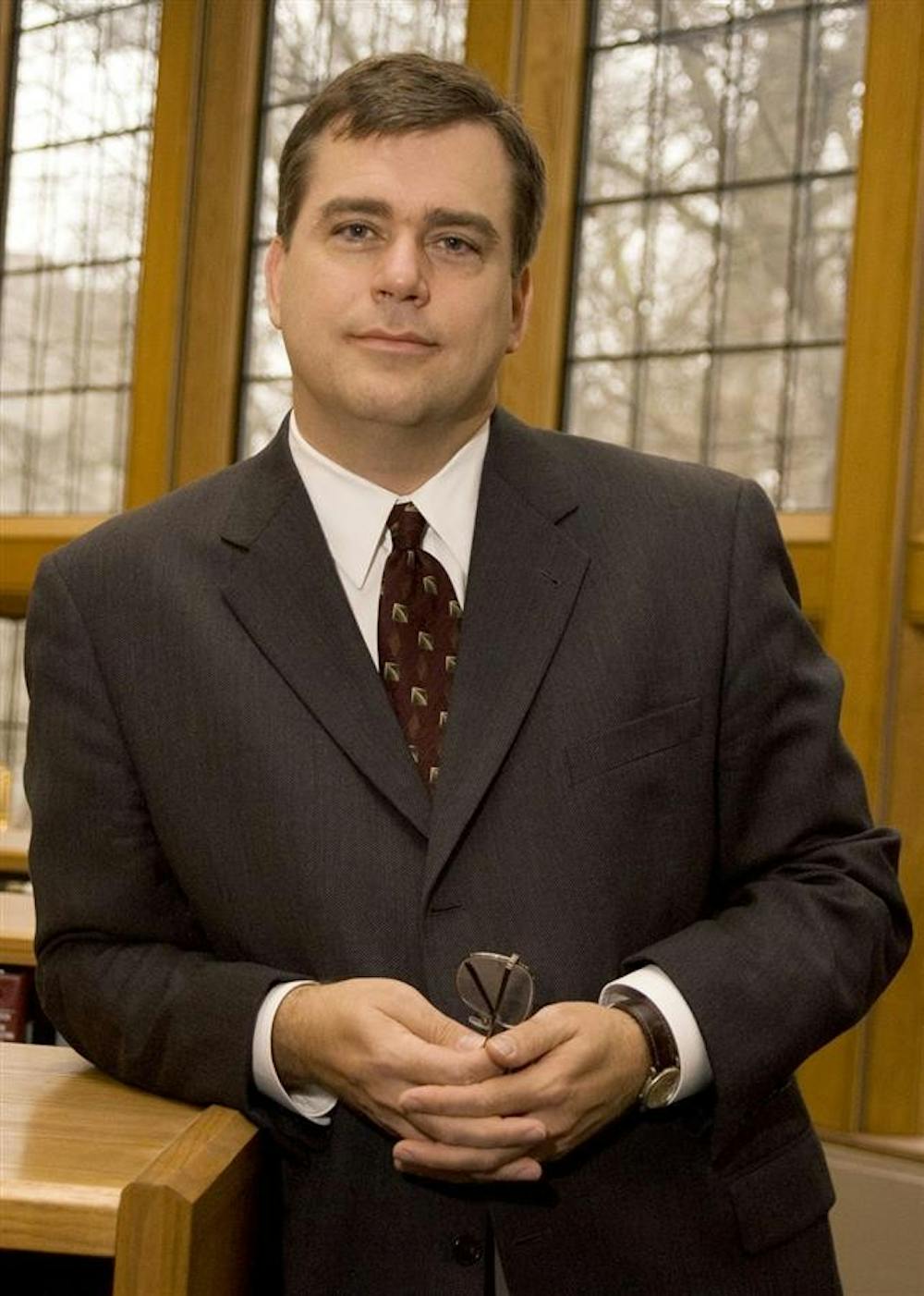IU Maurer School of Law Distinguished Professor Fred H. Cate said recent disclosures about widespread surveillance programs signal the erosion of society’s Fourth Amendment right, according to a press release.
Cate, an IU privacy expert, believes the programs do little to actually prevent terrorism. These recent disclosures demonstrate the rapid deterioration of the Fourth Amendment, Cate said in the release.
“One of the most potent grievances that led the colonists to declare independence 237 years ago was the practice of British officials conducting door-to-door, person-to-person ‘general’ searches,” Cate said in the release.
“The hostility to general searches found powerful expression in the Fourth Amendment to the U.S. Constitution,” he said. “And while the amendment established the right to be free from unreasonable search and seizures, it further held that the government had to get a warrant to conduct a search. To do that, the government must ‘particularly describe the place to be searched, and the persons or things to be seized’ and demonstrate under oath that it has probable cause that a crime has been or is likely to be committed.”
In the last month, media outlets have reported the existence of government programs that collect and store information such as who individuals call, how long each call lasts, electronic conversations and even postal mail, according to the release.
Though the government has denied the notion that actual content is being collected and stored, Cate said in today’s society many intimate details of individuals’ every day lives are being subjected to government scrutiny, according to the release.
Cate notes some main reasons this scrutiny is troubling.
He elaborates on the ideas of generalized searches, the fact times have changed and the government can compel the companies to support its surveillance efforts.
“Government leaders argue that the threat of terrorism has made everything different, that the values of the Fourth Amendment must give way in dangerous times,” Cate said in the release. “But it is important to remember the times in which the Fourth Amendment was adopted.”
After discussing the turmoil the colonies were in from 1784-1789, Cate said the new nation was hanging by a thread when the Fourth Amendment was adopted in 1789.
Congress created a standing army four days after the amendment was adopted, according to the release, and 23 years later, in the War of 1812, the British burnt down the White House.
“The danger to the survival of the nation seemed far greater then than now, yet it was in the midst of that turmoil that the Fourth Amendment was adopted.”
Cate notes the principles upon which the United States was founded are being seemingly dismantled in the name of terrorism prevention, according to the release.
In the release, Cate said society needs to pause and consider if “we are honoring the vision and courage of our founders or advancing our own security by ignoring the Fourth Amendment and focusing our security efforts on collecting and analyzing vast swaths of data about individuals who have done nothing to warrant the government’s suspicion.”
– Makenzie Holland
IU professor says Fourth Amendment in danger

Get stories like this in your inbox
Subscribe



